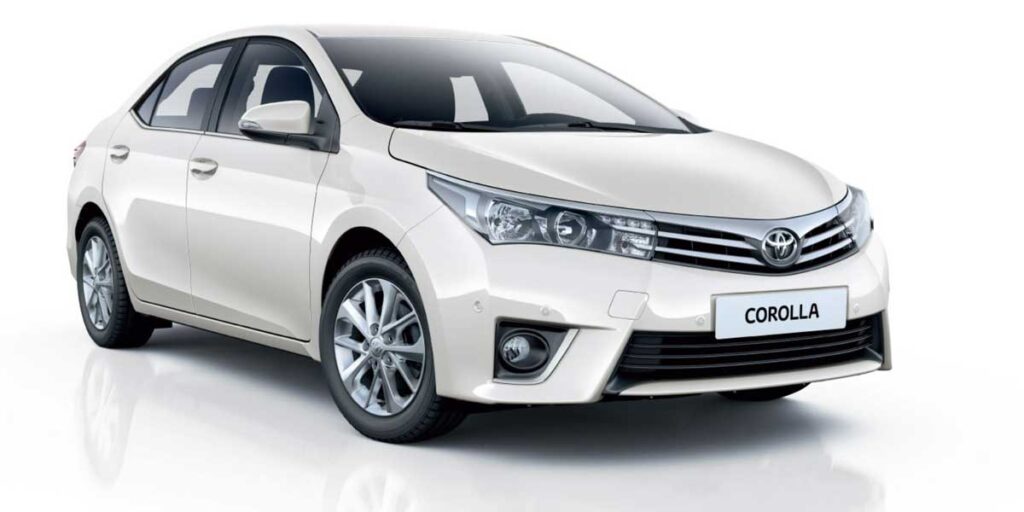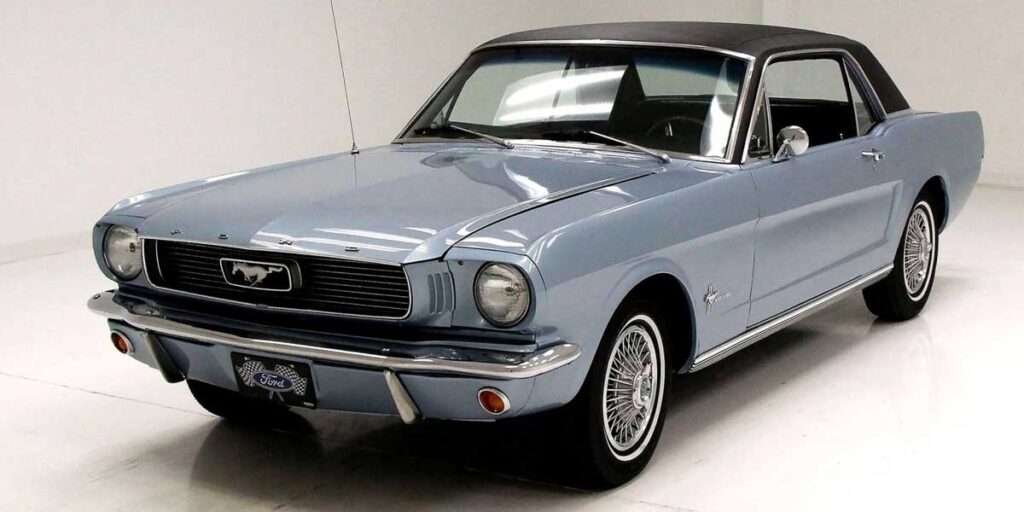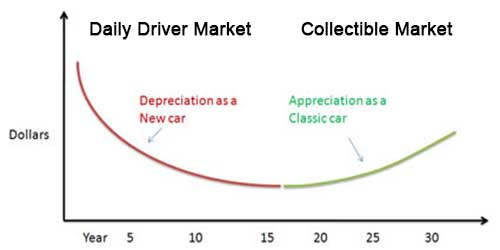Terms
 Daily Driver (DD)
Daily Driver (DD)
Daily Driver (DD): A new or used motor vehicle used to accomplish the chores of daily life, including commuting, shopping, recreation, transporting children and others who do not drive, as well as commercial use. Daily drivers are transport vehicles mostly sold by the motor trade.
Most nations buy new cars that are then trade in as used cars and eventually drop out of the motor trade, with survivors sold by private parties. NZ is unusual in that it takes Japan’s trade-in cars because Japanese law is dictated by the very powerful car manufacturers. NZ takes their seconds once Japan has rejected them.
 Collectible
Collectible
Collectible: Classic, vintage, historic, antique, modified, sports, muscle, special interest vehicles all have one thing in common – they are collectible and their owners are collectors. They are not driven to accomplish the mundane chores of daily life, they are driven for enjoyment.
Collectables are not sold by the motor trade. Most are bought and sold by enthusiasts, with a few specialists dealing in the high end of the market.
Kiwis are very good at finding candidates for restoration to be done in NZ, and as such tend to contribute to a positive balance of trade.
 Two Different Industries
Two Different Industries
Same product (motor vehicles), two completely different industries. New cars are sold as daily drivers. They are exempt from WOF for three years, during which time they are driven more per year than older cars. WOF inspectors report such cars coming in with bald tyres after 3 years.
Then during the life cycle when used car dealers sell these daily drivers, they have a 1 year WOF.
At about 20 years, the begin to transition from old cars to collectibles. Not all, some are just bangers. At about 30 years the collectibles begin to rise in value, thus to keep the ecosystem alive, barriers to import at 30 years need to be eliminated.
FOMC Support – Open Source Ideas for Internal Discussion
![]() 2024 – Public Domain
2024 – Public Domain